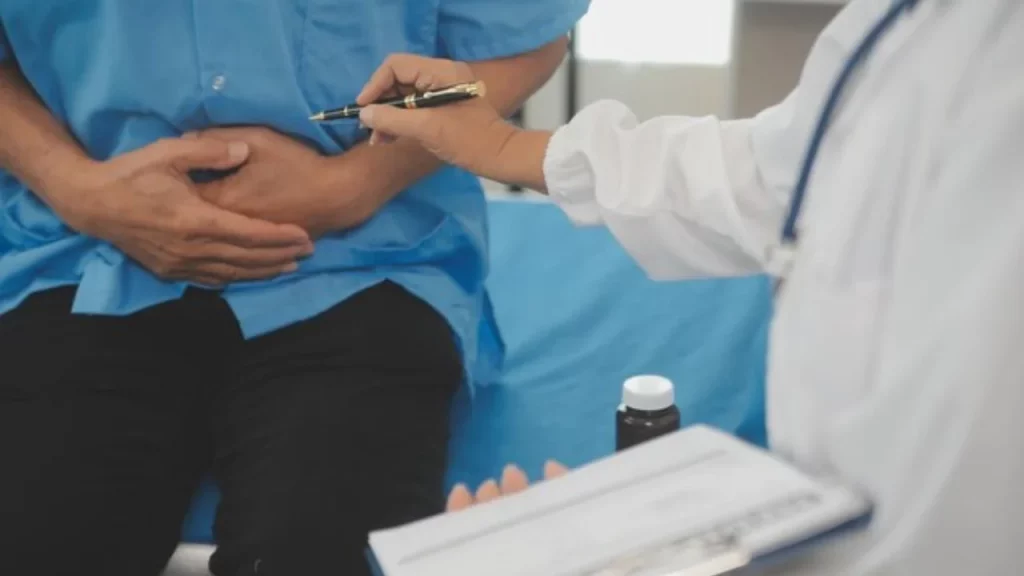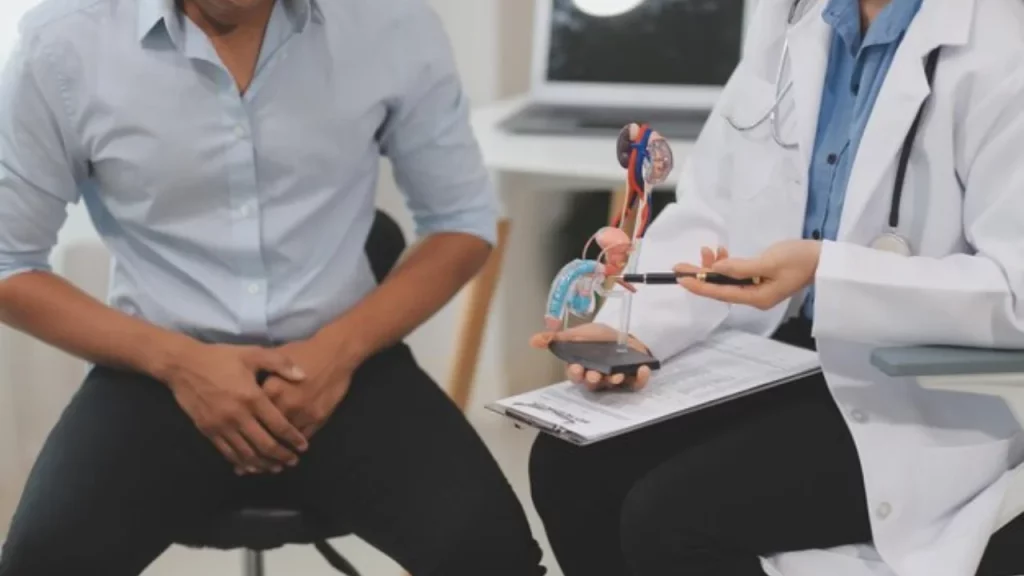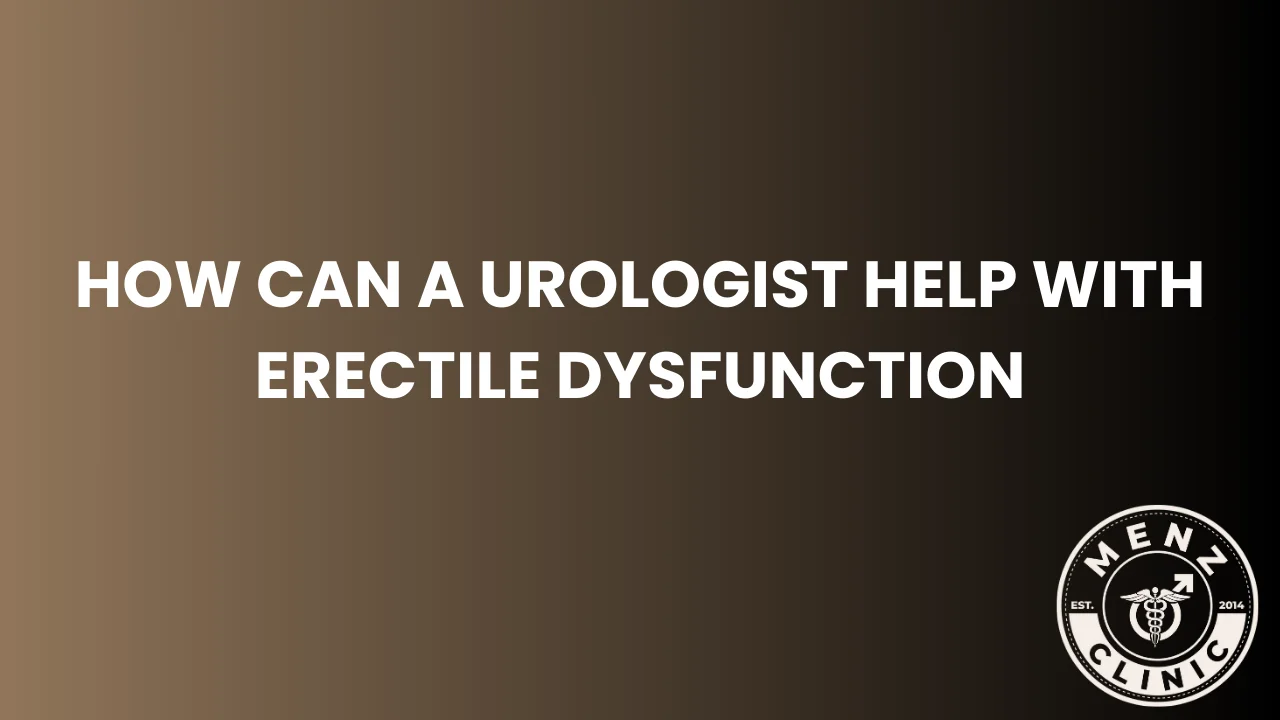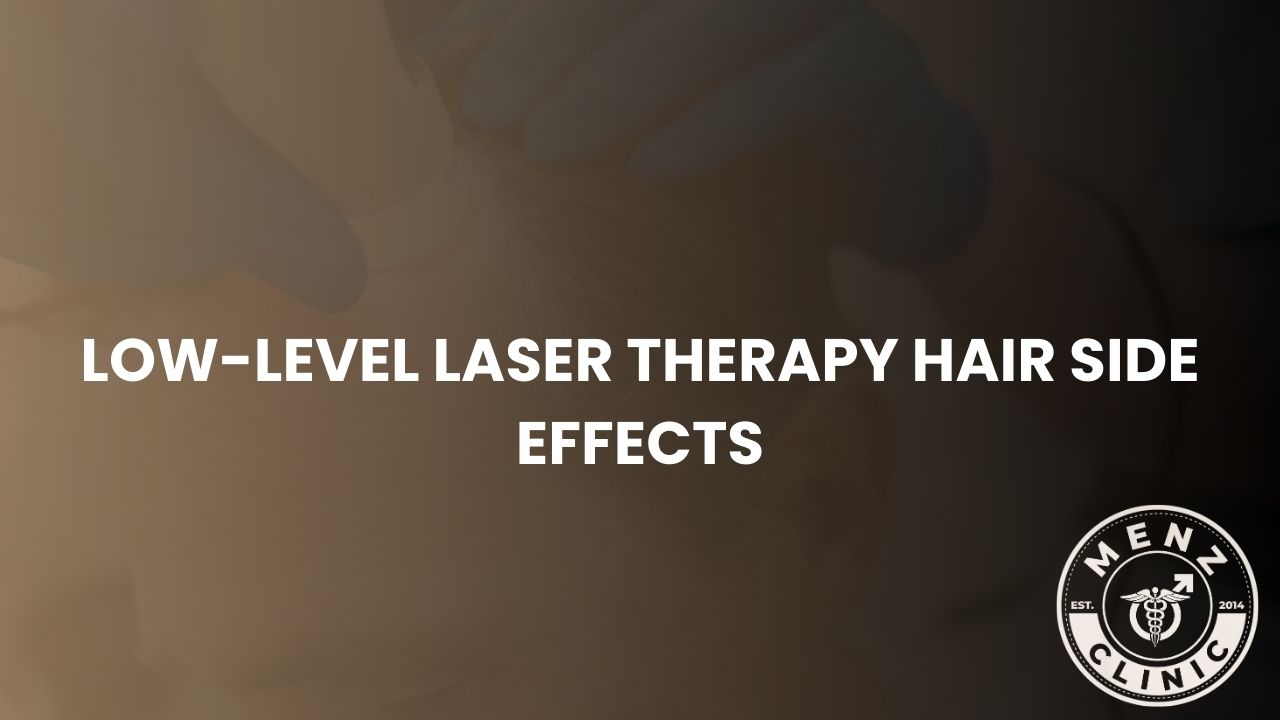How can a urologist help with erectile dysfunction? A Urologist specializes in urinary and reproductive health. He can help diagnose any discomfort in your reproductive system such as erectile dysfunction. Erectile dysfunction (ED) can affect your quality of life, but it’s important to know there are some effective treatments that can help you manage your symptoms. In some cases, your primary care physician may be able to help. Other times, you may need to visit a specialist. The best type of doctor for ED may depend on the cause. But you’ll likely need to see a urologist along the way. Urology is a specialty that involves diagnosing and treating disorders of the: urinary system, male reproductive system, and adrenal glands. In this blog, we will discuss the role of urologists in treating erectile dysfunction.
Erectile Dysfunction and Urologist
How can a urologist help with erectile dysfunction? Erectile dysfunction (ED) can be caused by physical problems, psychological factors, or a combination of both. The most noticeable symptoms of ED include: the inability to get or keep an erection, low sex drive and anxiety about sexual performance. There is an important role of a urologist in treating ED, if you don’t have any underlying health or mental conditions, such as cardiovascular disease, high blood pressure, or anxiety, but you still have symptoms of ED.
Issues with your prostate gland can cause erectile dysfunction. Your urologist may examine your prostate for conditions that can cause erectile dysfunction, including: polyuria, or excessive urine volume, prostate cancer or treatment for prostate cancer, enlarged prostate or treatment for enlarged prostate, and nerve damage resulting from radical prostatectomy.

Role of Urologist in Treating Erectile Dysfunction
How can a urologist help with erectile dysfunction? You may expect following steps in treating ED.
1. Medical and Sexual History
This one’s not actually a test, but your doctor will likely start with questions about your medical and sexual history. The reason is simple: They want to better understand how ED affects you and see whether there might be a clear cause for it.
When you talk about past surgeries, medicine you take, injuries, and lifestyle choices, your doctor can learn about diseases or other issues you might have that might lead to ED.
By asking about your sexual history — your relationships, sex drive, if you ever get erections — they can begin to figure out whether the problem is more likely to be physical or mental. Be honest with your doctor; they can’t help you if you withhold information.
2. Physical Exam
How can a urologist help with erectile dysfunction? Your doctor will check your penis and testicles to make sure they look normal and their nerves work as expected. They may also look for hair loss and larger-than-normal breasts. Both of these can be signs that you have a hormone problem. Then a urologist can check your pulse at your wrists and ankles to see whether your blood flow is normal and Listen to your heartbeat to make sure it sounds right.
3. Diagnostic Tests
Blood and Urine Tests
Based on your physical exam as well as your medical and sexual history, your doctor may want to order certain blood or urine tests. They’ll use these to check for problems that can lead to ED, such as: diabetes, heart disease ,kidney disease, and hormonal problems such as low testosterone.
Overnight Erection Test
Usually, men have 3 to 5 erections during the night as they sleep. Your doctor may use an overnight erection test to see whether you’re able to get an erection.
Injection Test
An injection test is also called an intracavernosal test. Your doctor injects a medicine into the base of your penis that should give you an erection. If you don’t get one, you may have a problem with blood flow to your penis.
Ultrasound
Sometimes called doppler ultrasound, this is another way to check blood flow to the penis. It may be used along with the injection test.
How Can a Urologist Help With Erectile Dysfunction Treatment?
How can a urologist help with erectile dysfunction? The approach to treatment will depend on the cause. Treatment will include managing underlying physical and psychological conditions that can contribute to ED.
1. Oral medications
Oral medications to treat ED include:
avanafil (Stendra)
sildenafil (Viagra)
tadalafil (Cialis)
vardenafil (Levitra, Staxyn)
These medications help increase blood flow but only cause an erection if you’re sexually aroused. There’s some variation, but they usually work in about 30 minutes to an hour.
2. Penis pump
A penile pump is a medical device designed to help men achieve and maintain an erection sufficient for sexual activity. You place the tube over your penis, then use the pump to create a vacuum to pull blood into your penis. Once you have an erection, a ring around the base of the penis holds it. Then you remove the pump. Your doctor can prescribe a specific pump. Side effects can include bruising and loss of spontaneity.
3. Surgery
Surgery is usually reserved for those who’ve already tried other methods. There are a couple of options:
You can have malleable rods surgically implanted. They’ll keep your penis firm, but you’ll be able to position it as you desire. Alternatively, you can choose inflatable rods.
In some cases, surgery to repair arteries may improve blood flow and make it easier to get an erection.

Conclusion
How can a urologist help with erectile dysfunction? A urologist has a vital role to help you in treating erectile dysfunction. A specialist in the reproductive system and urinary tract is known as a urologist. ED is a common condition which means inability to achieve or maintain an erection firm enough for sexual intercourse. With help of medical and sexual history, physical exam and diagnosis tests a urologist identifies the root cause of ED, then treats it with best treatment. If you are suffering from erectile dysfunction, don’t worry a urologist can help you to avoid it.











